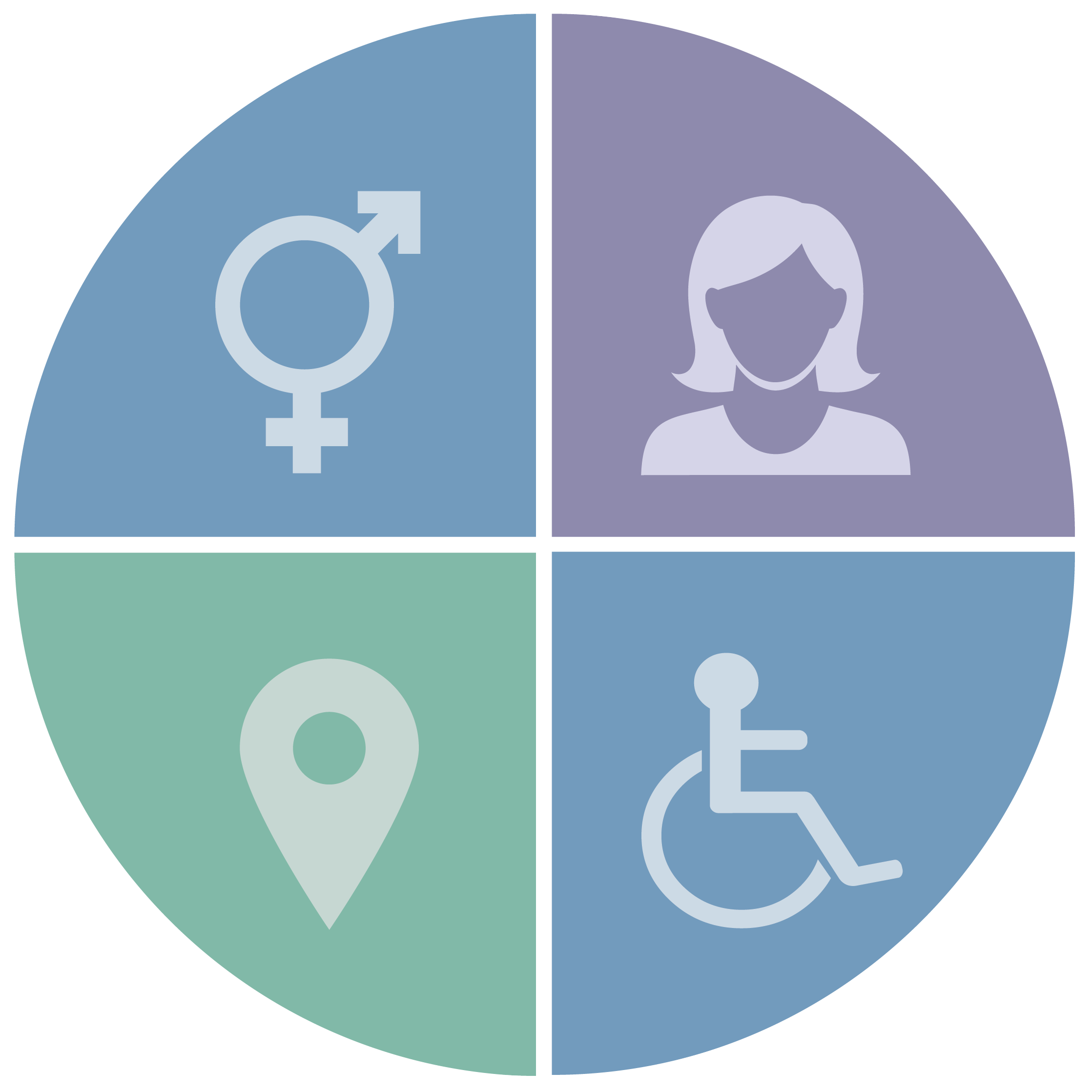Inclusion Strategies and Activities
The IFIGENEIA project is committed to fostering an inclusive and diverse research and innovation ecosystem. We recognize that scientific excellence and societal impact are deeply enhanced when diverse perspectives are represented and empowered. We aim to create an environment where all individuals—regardless of gender, age, ethnicity, ability, socioeconomic background, or geographic location—can participate equally and meaningfully in the project.
Strategic Objectives
- Promote Gender Equality: Ensure gender balance across governance bodies, working groups, and speaker panels. Monitor and report gender-disaggregated data throughout the project.
- Support Early-Stage Researchers and Underrepresented Groups: Actively involve young researchers, particularly from widening countries and underrepresented communities, through mentoring, mobility and training schemes.
- Enhance Geographic Inclusion: Strengthen participation from the Balkan region and connect excellence hubs across countries with diverse R&I capabilities.
- Ensure Accessibility: Apply universal design principles in all dissemination activities, online materials, and physical events (e.g. captioned videos, accessible PDFs, barrier-free venues).
- Cultural and Institutional Diversity: Encourage cooperation between academic, industrial, healthcare, cultural and civic stakeholders across different institutional settings and knowledge cultures.
Key Activities
- Inclusive Mentoring Programme: A structured programme targeting young researchers, women in STEM, and professionals from underrepresented backgrounds in nuclear medicine and accelerator technologies.
- Capacity Building Workshops: Inclusive, multilingual and hybrid (on-site/online) training events co-designed with local and regional actors.
- Diversity & Inclusion Charter: Co-created with project partners and associated stakeholders, outlining shared values and inclusive conduct principles.
- Community Engagement: Collaborations with local schools, patient associations and cultural organizations to open up science and promote STEM careers.
- Monitoring & Reporting: Internal diversity KPIs and regular self-assessment to ensure implementation and transparency.
Inclusion Strategies and Activities
The IFIGENEIA project is committed to fostering an inclusive and diverse research and innovation ecosystem. We recognize that scientific excellence and societal impact are deeply enhanced when diverse perspectives are represented and empowered. We aim to create an environment where all individuals—regardless of gender, age, ethnicity, ability, socioeconomic background, or geographic location—can participate equally and meaningfully in the project.

Strategic Objectives
- Promote Gender Equality: Ensure gender balance across governance bodies, working groups, and speaker panels. Monitor and report gender-disaggregated data throughout the project.
- Support Early-Stage Researchers and Underrepresented Groups: Actively involve young researchers, particularly from widening countries and underrepresented communities, through mentoring, mobility and training schemes.
- Enhance Geographic Inclusion: Strengthen participation from the Balkan region and connect excellence hubs across countries with diverse R&I capabilities.
- Ensure Accessibility: Apply universal design principles in all dissemination activities, online materials, and physical events (e.g. captioned videos, accessible PDFs, barrier-free venues).
- Cultural and Institutional Diversity: Encourage cooperation between academic, industrial, healthcare, cultural and civic stakeholders across different institutional settings and knowledge cultures.
Key Activities
- Inclusive Mentoring Programme: A structured programme targeting young researchers, women in STEM, and professionals from underrepresented backgrounds in nuclear medicine and accelerator technologies.
- Capacity Building Workshops: Inclusive, multilingual and hybrid (on-site/online) training events co-designed with local and regional actors.
- Diversity & Inclusion Charter: Co-created with project partners and associated stakeholders, outlining shared values and inclusive conduct principles.
- Community Engagement: Collaborations with local schools, patient associations and cultural organizations to open up science and promote STEM careers.
- Monitoring & Reporting: Internal diversity KPIs and regular self-assessment to ensure implementation and transparency.
